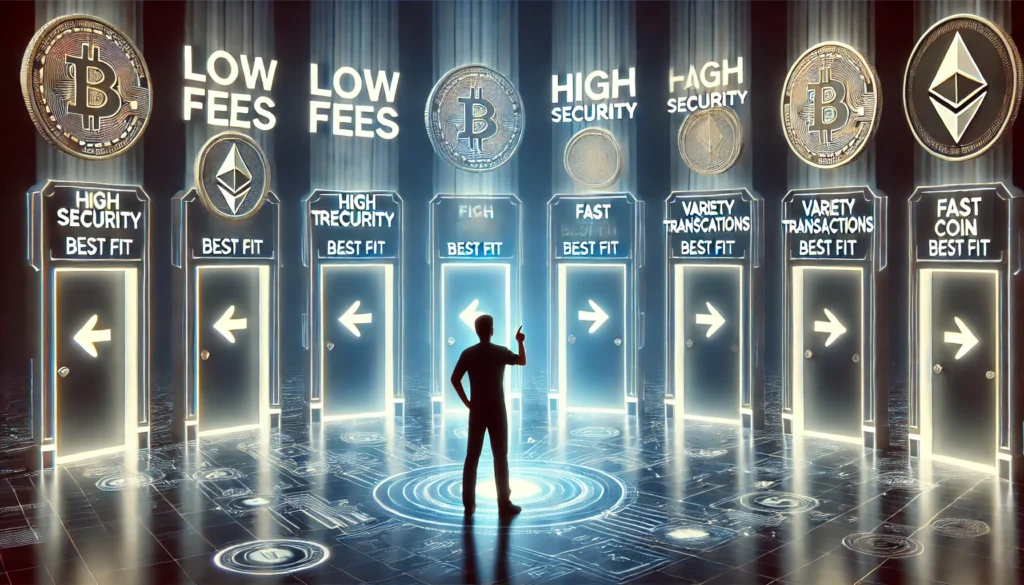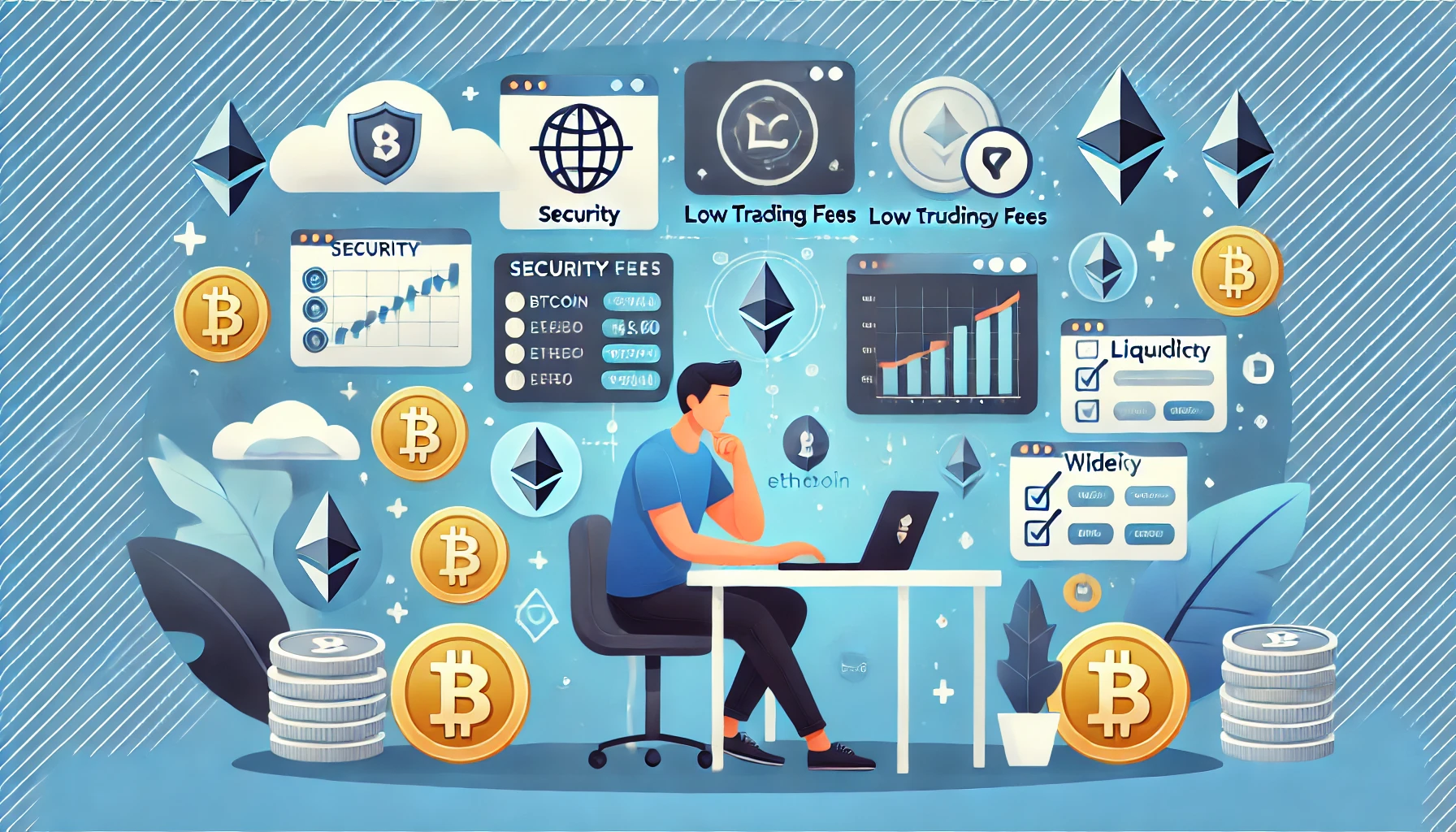On the one hand, cryptocurrency has become a worldwide financial trend rather than a niche. Bitcoin, Ethereum, and millions of other types of digital assets are being bought, sold, and traded by millions of people each day. However, there is one thing you must have before you can get started, a Best Crypto Exchange.
A crypto exchange is the place you can buy and sell and occasionally even store your digital coins. When you have such a plethora of choices–some large, some small, some local, some global–it is easy to get confused about what choice suits you. A YouTube video, How to Choose the Best Crypto Exchange for Your Needs, offers an overview of the things to consider, and this blog will expand upon those concepts in straightforward, practical terms.
The Reason to Select the Best Crypto Exchange
Think of a crypto exchange like a bank mixed with a stock market. You wouldn’t hand over your paycheck to a shady, unknown bank with no customer support. The same applies to crypto. Choosing the appropriate exchange might guarantee the safeguarding of your cash, protect charges, and simplify the process of trading. The incorrect decision will either result in you not having access to your money, being charged extra, and in the worst case, becoming a victim of a scam.
1. Security: Your First Priority
The first is security which is the first thing to check. The crypto space is a place where once your money is lost, it is likely never to be recovered again. Look for exchanges that use:
- Two-factor authentication (2FA): A code on your phone in addition to your password.
- Cold storage: The majority of customer funds are stored offline, and they are inaccessible by hackers.
- Insurance policies: There are exchanges that are large enough to insure user funds against some forms of theft.
Always research the exchange’s history. When you read about consecutive hacks or sketchy leadership that is a red flag.
Trick: Although your exchange is secure, you may want to transfer your crypto to your own wallet in case you intend to hold it in the long term.
2. Regulation and Location
Not every exchange can be found everywhere. Some only serve customers in certain countries. In one area they may be licensed, and in another prohibited.
Coinbase and Kraken are common regulated exchanges if you are living in the U.S. Outside the U.S., you would perhaps have Binance or other local platforms. A regulated exchange is an additional legal protection.
3. Fees: Do Not Let Them Eat Your Profits
All exchanges will have fees, though the fee method can sometimes be tricky. Common fees include:
- Trading fees: A percentage of every buy or sell.
- Deposit/withdrawal fees: Fees when you are transferring money in or out.
- Hidden costs: There are platforms that include costs in the exchange rate.
When you are an ordinary investor, the increased fees might not be a big issue. However, when you are going to trade frequently, even a slight difference can get accumulated over time. Never make a comparison.
4. Supported Coins and Pairs
Each exchange does not necessarily list all the same cryptocurrencies. Others just provide the most popular ones such as Bitcoin and Ethereum. There are hundreds of smaller coins listed by others.
Ask yourself:
- Am I only after the commonplace and harmless coins?
- Or do I want to venture into new and more dangerous tokens?
A straightforward exchange with fewer choices can be ideal when you only want to purchase Bitcoin as a long-term investment. You can choose one that gives you more variety in case you want to experiment.
A basic exchange with a reduced number of choices can be ideal if you simply want to purchase Bitcoin and hold it in the long run. Assuming you want to experiment, then choose one that is more diverse.

5. Ease of Use
The beginners are usually caught in the complicated trading platforms. Looking to exchange with:
- A clean, simple app or website.
- Clear instructions for deposits and withdrawals.
- Educational aids to assist you in learning on the fly.
Coinbase is known as a beginner-friendly platform. More sophisticated traders may want to engage in trades with charted and trading options.
6. Customer Support and Reputation
Crypto does not sleep and things can go wrong anytime. That is why customer care is important. See the ease of getting assistance–is the exchange live-chatted, does it have email support, or is it FAQ only?
Check online reviews and crypto communities, as well. Real users often share their experiences, good or bad.
Decentralized Exchange vs. Centralized Exchange
The other major trade off is the use of a centralized exchange (CEX) or a decentralized exchange (DEX).
- CEX (similar to Coinbase, Kraken): Simple to navigate, regulated, and you do not necessarily have the full control of the coins.
- DEX (similar to Uniswap): This uses your wallet, and it has more functionality and privacy, but it is more difficult to use and has no customer support.
Most new users also begin with centralized exchanges and then venture into the world of decentralized later when they become comfortable.
Final Thoughts
The selection of a crypto exchange is not a universal solution. Your objectives, location, and level of comfort determine the best platform to use. The following is a fast checklist:
- Strong security features
- Legal in your country
- Fair, transparent fees
- Supports the coins you want
- Easy-to-use interface (when required)
- Reliable customer support
Always remember: crypto is fun, but it is risky. Invest only what you are willing to lose and never stop learning. The exchange to the right will save your trip and will be safer.


